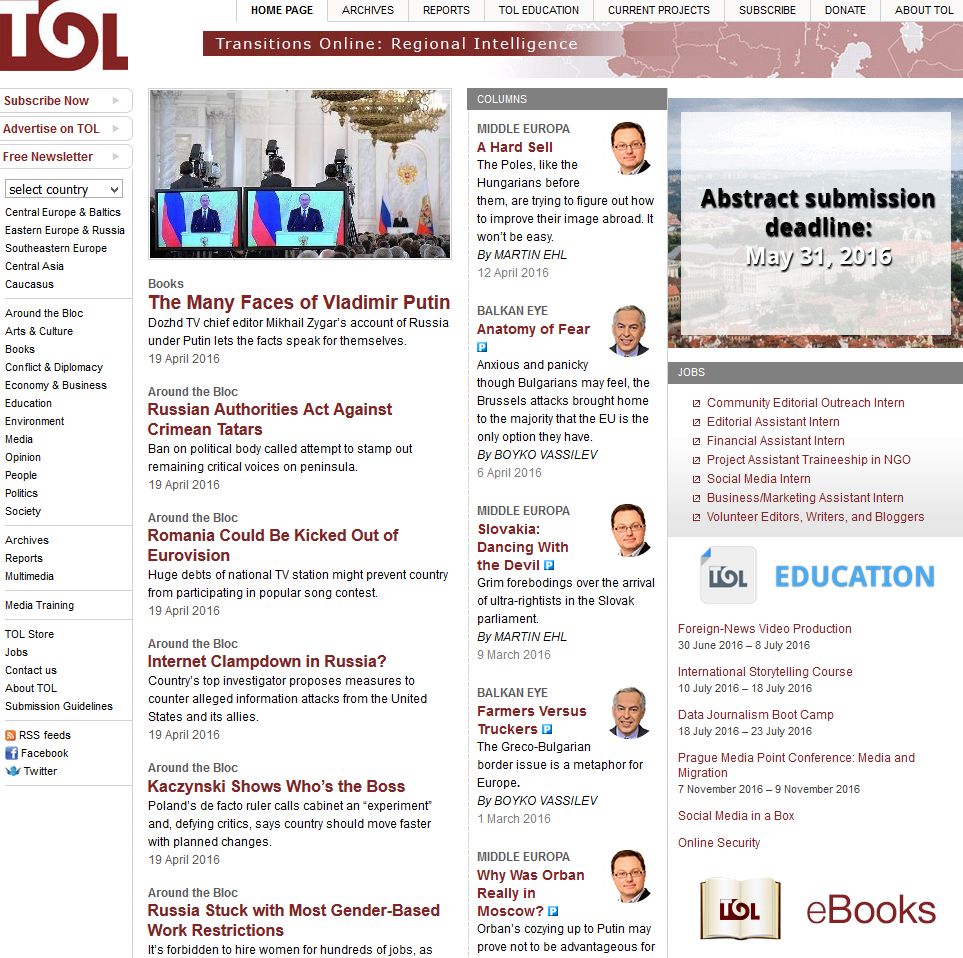
Around the Bloc: Russian Police Seek Readers of Dangerous Books on Ukraine
Borrowers checked out library books on the Ukrainian famine as long as 18 years ago.
More...We kindly inform you that, as long as the subject affiliation of our 300.000+ articles is in progress, you might get unsufficient or no results on your third level or second level search. In this case, please broaden your search criteria.

Borrowers checked out library books on the Ukrainian famine as long as 18 years ago.
More...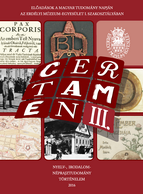
The old book collection constituted at Satu Mare County Library, contains a large thesaurus of precious and rare book, covering the period XV–XIX centuries, the early twentieth century, periodicals and manuscripts. The existing old books, are distinguished by the beauty of the craft, originated from famous printing and publishing houses in Europe, as well as by rarity. Satu Mare special collections, in respect of the size and value, occupies one of the first places of rare books from the county library network in the country. Our article makes a brief presentation of this valuable collection.
More...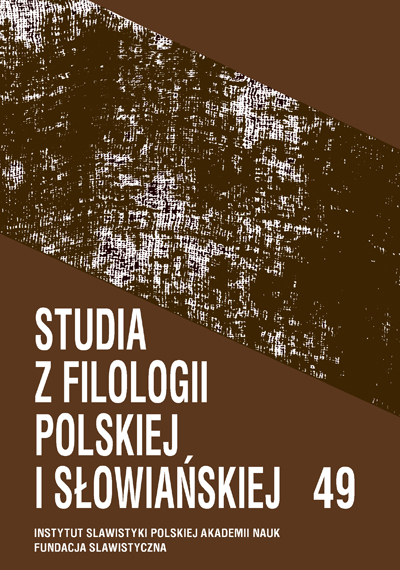
In multilingual information retrieval (IR) system iSybislaw we introduce a number of solutions enlarging its efficiency and effectiveness with the main tool, which presents the keyword language. In this paper the applicability and consistency of the accepted approach in the presentation of the content of documents and IR is being discussed. We use natural language (professional language based on linguistic terminology) in the construction of the keyword language and implementation of the tools of semantic organization and access to multilingual informational database. The core task is to make allowance in the retrieval database for relations of equivalence between the keywords in different Slavic languages and in the English language, which will enable the simultaneous search in different languages. Implementation of the natural language enables optimization of the IR language but on the other hand it creates problems connected with synonymy and polysemy of the terms used as keywords. Such problems are being solved with implementation of the classes of equivalent keywords, pairs and more complicated units of monosemantic keywords presenting the terms linked with each other by semantic relations. Burst-type increase of written documents in the field of linguistics requires taking effort in speeding up the processing of the growing number of representations of these documents into search database. So we decided to call upon the users (the authors of the works considered in the system) to take part in creation of the IR language in the iSybislaw system through tagging.
More...
The paper presents the process of functional development of the bibliographic information system on Slavic linguistics. The first database SYBISLAW (System Bibliografii Slawistycznej), established in 1993, was only available locally and used primarily to generate bibliographies in a traditional book form (7 volumes for the years 1992–1997). In the face of the development of information technology and the needs of modern bibliography users, the professional system of bibliographic information on Slavic linguistics iSybislaw was designed and implemented in 2008. It is a modern system available online for both indexators, as well as for external users. The structure and functionality of the iSybislaw system allow the use of an expanded formal and subject description, advanced search options and access to full texts of documents.
More...
The article presents issues concerning the project of creation of the Atlas of East Slavic dialects of Bialystok Region (Atlas gwar wschodniosłowiańskich Białostocczyzny – AGWB) and its realization. The crucial issues are shown from linguistic, information and computer points of view, taking into account the special features of dialectal material. Information referring to the Atlas of East Slavic dialects of Bialystok Region, a publication significant for Slavic linguistic geography, is also presented. The consecutive stages of preparing the base, i.a. preliminary choice of computer tools, suggested database structure, its subsequent modifications along with the ER model and initial stages of system implementation (export of data, the choice of database administration system), are presented in the text. The problem of creation/modification of the phonetic alphabet (socalled ZRCola typeface vs. AGWB typeface) and the aspect of sorting data saved in this alphabet constitute separate issues for consideration. Modifications of data representation system in relation to the initial objec tives are discussed in the article, taking into account the future needs of users (connection with GoogleMaps application, hipermedial connections with the system of scanned source materials, etc.).
More...
This article is devoted to the problem of the criteria on which multi-word terms should be selected and verified for the bibliographic database of Slavic linguistics publications iSybislaw. The text is based on Russian and Polish linguistic material. Such criteria as actuality, frequency, transparency of form are applied separately in each language and different sets and variability of terms in the each case are established. The authors examine also the reasons of formal and semantic asymmetry between Polish and Russian terminological units in the database.
More...
In the article the features of keyword synonymy in Bibliographic database of world Slavic linguistics publications iSybislaw are considered. The issue of keywords in information retrieval system is examined in connection with synonymy in linguistic terminology. There are established relations between general scientific terms and keywords of Slavic linguistics. Some applied lingvodidactic and lingvopragmatic aspects of keywords’ compiling are also presented.
More...
The article focuses on one of the issues connected with the development of the information retrieval system iSybislaw. The system contains a biographical database of Slavic linguistics which is available online at www.isybislaw.ispan.waw.pl. An important element of the system are key words, and the main aim of the international team of Slavist linguists developing the iSybislaw system in cooperation with the Slavic Academic Information Centre (CSIN) is to create a multilingual dictionary of terms related to various areas of Slavic linguistics, that is to establish terminological equivalents in Slavic languages and in the English language. Establishing multilingual terminological equivalents is essential not only for Slavic theoretical linguistics but also for language corpora which require morphosyntactic marking, especially parallel corpora. The analysis presented here allows for drawing the conclusion that the dictionary of multilingual key terms of Slavic linguistics for the iSybislaw system should be developed (or at least verified) by specialists in individual areas of Slavic linguistics (phonetics, morphology, syntax, word formation, dialectology, ethnolinguistics, etc.). Because of the adopted principle that Polish keywords are used as descriptors in the iSybislaw system, the linguists should compare the Polish system of terms with the terminology used in other Slavic languages. Thanks to such “specialization” we could be quite sure that the person establishing the equivalents knows various descriptive traditions of linguistics, and in the future this would allow us to avoid many of the mistakes connected with the differences in the range of the term or the lack of appropriate equivalent in another language.
More...
A bibliographer primarily relies on the abstract and keywords provided by the author of the original article. However the author-provided abstract and keywords are rarely sufficient. The bibliographer’s task is to ascertain that they correspond to the content of the article itself, as well as to find the closest equivalents in the language of the bibliography, Polish in our case. Additional confounding factors in determining the keywords corresponding most accurately to the submission in question include terminological inconsistencies within the works by certain authors, terminological inconsistencies within each of the languages as well as possible inconsistencies due to different theoretical backgrounds. This article deals with all of these issues on the basis of two pairs of examples. The first is the Polish term frazeologizm ‘idiom, phrase’ and the Croatian term frazem ‘idiom, phrase’. The second pair is the Polish term dialekt ‘dialect’ and the Croatian terms dijalekt/narječje ‘dialect/vernacular’. The complication inherent in the work of the bibliographer is due to, inter alia, the fact that the bibliographer’s strategy in prepairing the bibliographic description should enable the user to achieve the best possible effectiveness and efficiency in his/her search.
More...
The problem of authors’ terminology is well-known to all iSybislaw developers. It inevitably forces them to find a compromise between their desire to represent the content of a document as fully as possible and the need to protect the system from being cluttered with non-standard terminology. Recent publications in the journal Ukrainska mova (Ukrainian language) suggest that researchers are interested in a wide range of problems, in particular categorical-functional descriptions of the verb. The article by S. Sokolova and O. Achylova discusses the problem of verb translation. The authors use the terms aspektualnist’ (aspectuality), rody diieslivnoi dii (lexical aspects, or Aktionsarten) and vydova neitralizatsiia (aspect neutralization). Modern Ukrainian dictionaries of linguistic terminology contain only the first two terms. In the iSybislaw system, the following keywords are used for this document: aspektualnist’ (aspectuality), diieslovo (verb) and fazovist’ (phasicity). The term vydova neitralizatsiia (aspect neutralization) is not included. This term is new and refers to a situation when the aspectual meaning of a verb is irrelevant in translation from Ukrainian into non-Slavic languages. There is no need to include such terms in the iSybislaw system. The fact that the set of keywords used in iSybislaw relies on both the semantic potential of terms used in the indexed texts and terminological standards ensures efficient information retrieval.
More...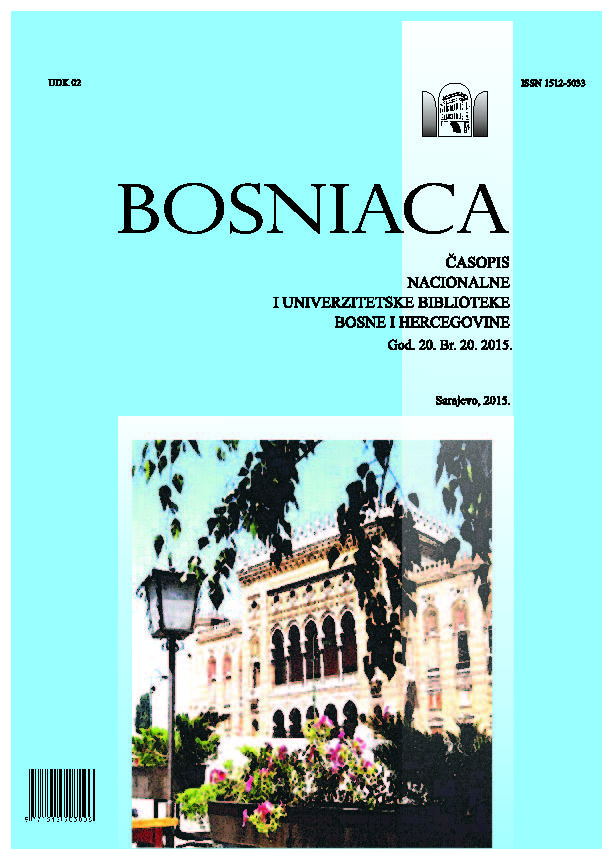
Growing of interest for information and media literacy since last two decades connected with new technological changes in the sphere of media and information and it has been included more literature in this sphere. Despite of obviously literary guarantee in the sphere of educational literature and educational policy, terms as there are information and media literacy are not noted in standard systems for knowledge organisation as there are classifications. The consequence of missing clear terminological definitions in index languages of content processing, resulted ambiguous and unevenly classification of media and information literacy. In this paper, we΄ll explain a kind of this problem with the example of Universal decimal classification (UDC). UDC is synthetic classification which allows making of compound index terminology to express new terms. When assigned indexing and non coordinated used terms, this way of indexing resulted obviously not only proliferation of combinations which express certain term, but wrong interpretation of aboutness. Author suggests more specific and precise classification code for noted terms in UDC.
More...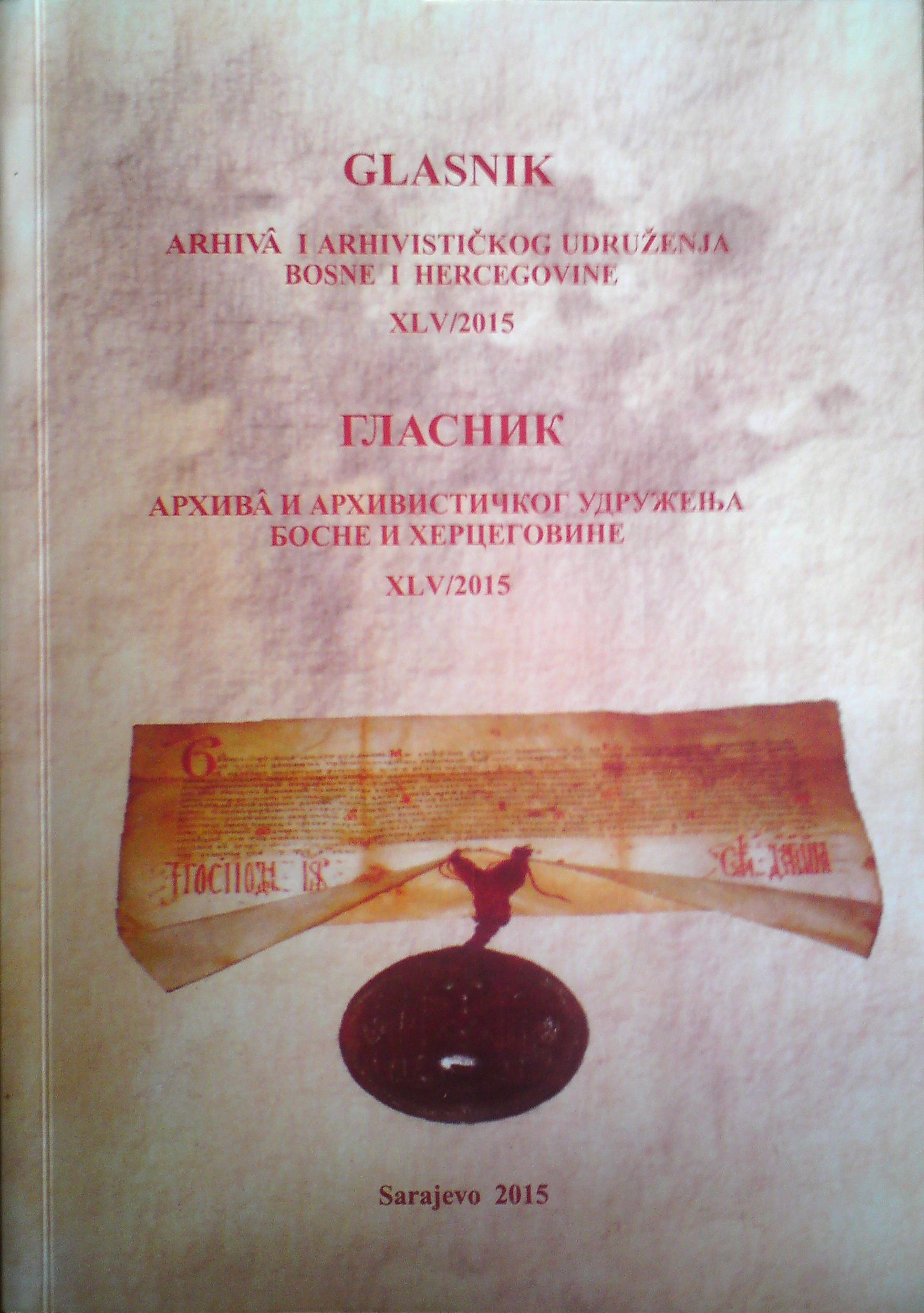
It is a known fact that a large number of archival fonds and collections stored in the archives of Bosnia and Herzegovina are incomplete or fragmentary. Although there are no exact data about it, though, on the basis of published knowledge of archivists, we can claim with certainty that the issue was one of the essential problems of this activity. The paper points to the causes of the current unfavorable conditions that are generally still present in the work of the registry and archives, at different levels of complexity of this issue, and to some the most important (and possible) modalities for completing the incomplete archive funds, and directing of attention to proper handling of archives with current records in order at this stage, ie. preserving the integrity of emerging fund.
More...
The paper investigates a specific type of genre, descriptions of linguistic books in Internet catalogues of three Czech and three Anglophone publishers. It strives to capture their structural organization and some other characteristics that could bring into relief differences between the Czech and the English discourse strategies of their composition. Using a two-level analytical framework to identify the structural parts of the descriptions and the meaning components that realize them, the study finds certain tendencies that to some extent distinguish between them. Still, the English descriptions and even less so the Czech ones are far from homogeneous and striking dissimilarities can be found both between and within the Anglophone and the Czech publishers.
More...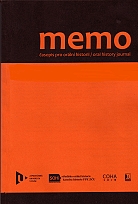
The article deals with conceptual development of cataloguing structure on the example of the Collection of Sound Recordings of the National Film Archive. First, it demonstrates the possibilities of describing and making interviews accessible through online presentations of foreign and domestic collections. It also presents two classification systems, the FIAF manual and the MARC 21 metadata standard, which served as the main sources of inspiration for the newly developed cataloguing structure. It was created for the registration of collection objects and their content. The article thus introduces the elements of description, fields related specifically to oral history and especially subject headings selected from the terminology of film historiography.
More...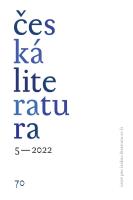
The advanced use of digital technologies, the existence of freely accessible structured knowledge bases, the increasing level of standardization and the needs of the scientific community offer those who process bibliographical data qualitatively new options for processing such data. In line with current trends in accessing scientific data, which are also reflected in the development of scientific policies (FAIR principles, open science, linkable open data, etc.), the issue of the re-use of existing datasets is gaining in importance. The present text uses the example of the Literarybibliography.eu portal to indicate the options for creating an international subject bibliography for literary studies from existing data sources, while discussing both the theoretical concept behind the project and the technological and methodological issues involved in the creation of such a bibliography, especially the harmonization and further enhancement of the source data.
More...
This article presents Instagram as a medium used by libraries. The main part of the article is the analysis of the research material - text, visual content, and hashtags posted from September 11, 2019, to September 11, 2020, on five various types of Polish libraries’ Instagram profiles. The analysis of the material from this time period provides answers as to how the Covid-19 pandemic influenced the content published by libraries on Instagram. The analysis takes the form of a case study based on critically examined data collected.
More...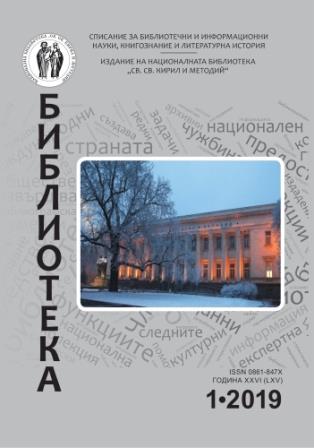
The article traces the historical development of content cataloging from the establishment of the National Library to the present day. It examines the achievements and challenges accompanying the creation and maintenance of the only controlled vocabulary of subject headings in Bulgaria.
More...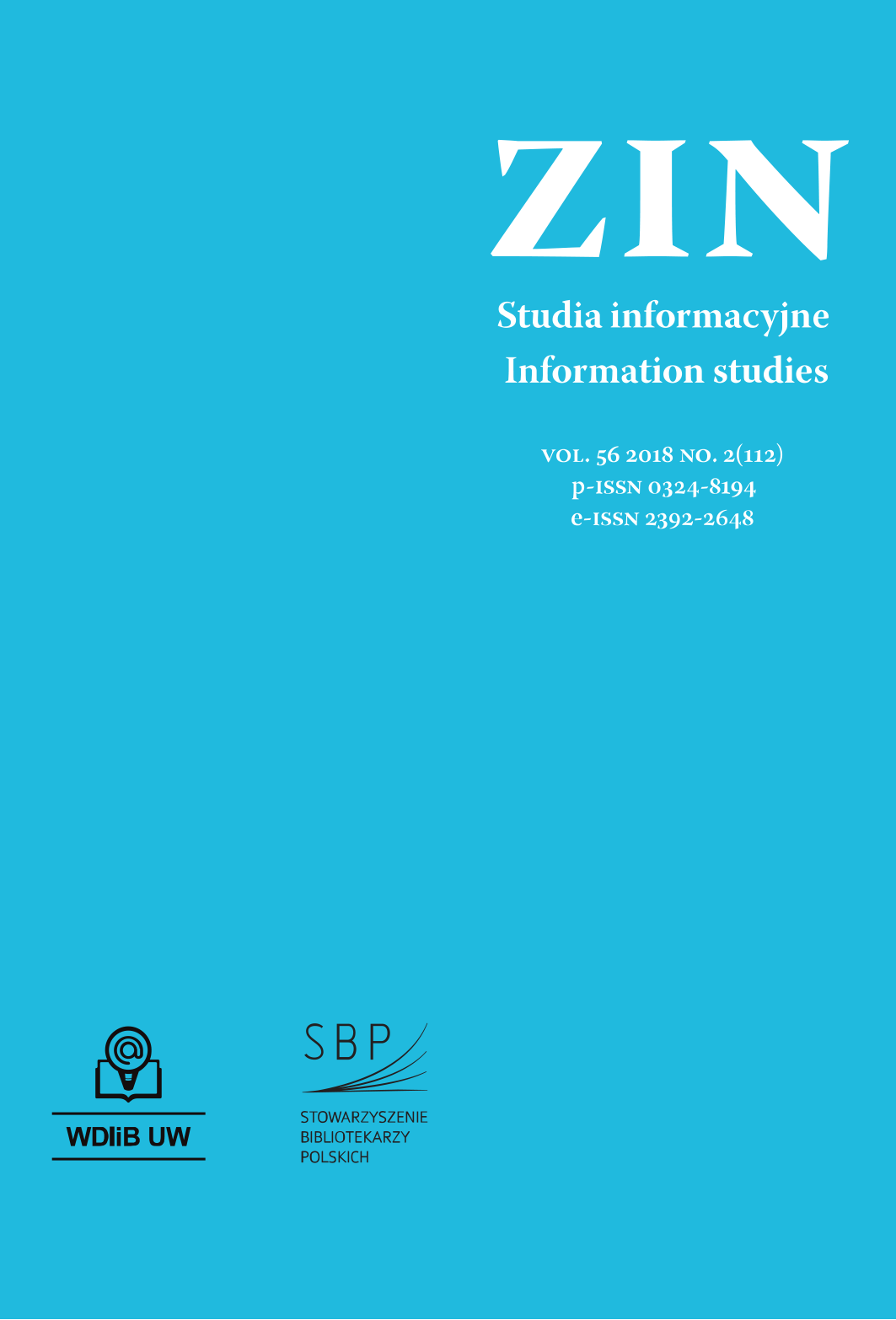
The article aims to analyze the conditions and possibilities of full-text search in Polish digital libraries (DL), taking into account the access to full-text search in individual DLs, the file formats and the software used, as well as the visibility of the DL resources in the Google search engine.
More...
The ubiquity of algorithms and their impact on almost every aspect of the individual’s life and society pose a significant challenge to the modern world. We should respond by developing algorithmic literacy. The main purpose of this article is to analyze this concept. We also indicate why this type of literacy is crucial for effective and informed functioning in the modern world.
More...
The article describes the influence of the new rules of cataloguing Resource Description & Access (RDA) on the international cooperation of the library society within the range of shaping the bibliographic standards. The main goal is to present the role played by the European DRA Group in the process of integrating the European libraries around this key task for the future of librarianship. The author tried to prove that the aforementioned process of integration leads to the creation of a facility, playing the role of a representative of Europe in the global structures overseeing the works on the development of the cataloguing rules. In the summary, the author pointed out that an effective inclusion of Poland in these actions is dependent on achieving understanding on a national scale.
More...